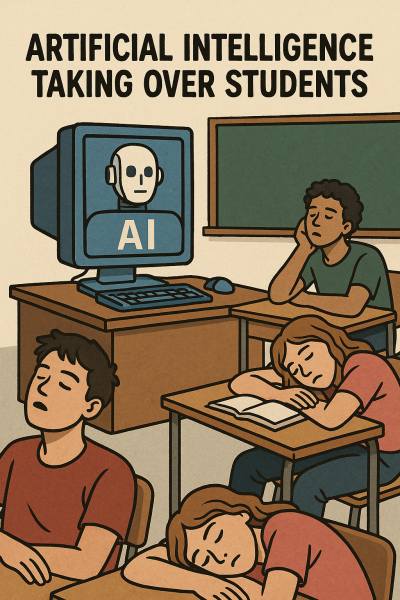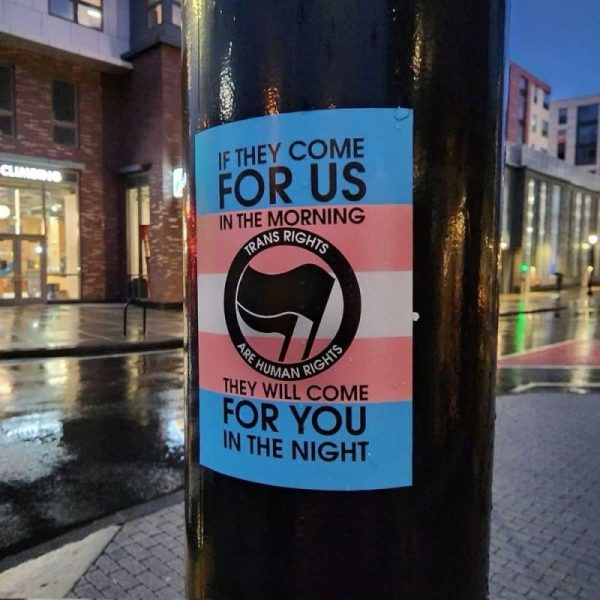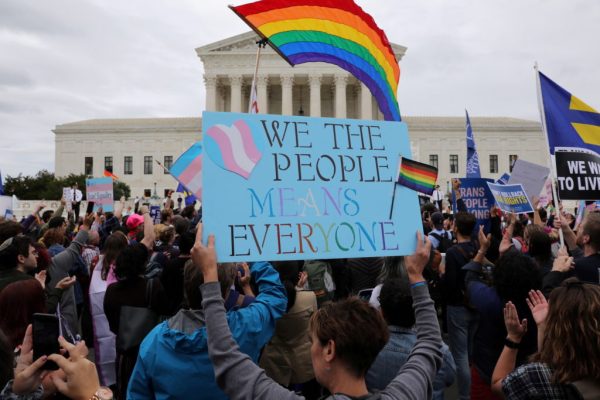The Battle for the Polls
Should Teenager Be Allowed to Vote?
November third marked big elections in the United States that could have extreme effects on all of us. Is it right that all older teens can do is watch?
Teenagers are becoming more and more aware of, and involved in, politics with every generation. So many teenagers want to make a difference, but can’t really make any material change. However, cities such as Cambridge, MA have had success with giving younger citizens more power. This begs the question: Should we lower the voting age?
Triton Political Science teacher Shawn McElligott argues in favor of lowering the voting age. “If you trust kids to drive a vehicle, you should trust a kid to be able to vote,” he said. McElligott thinks that allowing kids to at least vote in local elections would give them practice and a taste of voting in national elections.
Sixteen and 17-year-old teenagers are practically fully grown adults. When one turns 16 one can drive, donate blood, get tattooed, and even marry in certain states. So many of these are things you expect of a legal adult, yet teenagers do them too. So why shouldn’t they vote?
Fourteen years ago, Austria lowered its national election voting age from 18 to 16. While turnout was lower compared to the older generations, there was no evidence that they lacked political knowledge. There was also a higher turnout among 16 and 17-year-old voters then among 18 to 24-year-old voters. Lowering the voting age might boost motivation for those voters to participate.
Seventeen-year-old Triton student Ben Reily disagrees with McElligott’s stance on lowering the voting age.
“I feel that 18 marks an ideal gateway into adulthood and helps to define when someone may be mature enough to make important decisions,” said Reily. “I think that to make educated and valuable decisions for the community, only legal adults over 18 should be able to vote.”
While support for lowering the voting age is on the rise in other countries such as Australia and Brazil, it is still disappointingly low in the United States. A poll put out by The Hill in 2019 showed that 75% opposed allowing 17-year-olds to vote, and 84% opposed allowing 16-year-olds to vote.
Interestingly, another Triton teenager, Owen Brosch, also thinks that his peers should not be allowed at the polls.
“However voting, much like driving, is a privilege that affects not just those who would benefit from this change, but also every American,” Brosch said. “I actually think young people should have more privileges in America, but not privileges that affect other people with their decisions.”
Recently, in more local news, Cambridge successfully voted to change the voting age in the city’s local elections to 16. In February 2020, the city council voted seven to two in a historic change in Massachusetts. MA Representative Ayanna Pressley had long fought for this proposal, agreeing with Cambridge Vice Mayor Alanna Mallon that the proposal reflects the younger generation’s growing activism. Time will only tell how far this idea spreads, and how it impacts local and national elections.

Hello, my name is Samuel Lind. I’m a senior at Triton High School, part of the class of 2022. Inside of school, I enjoy history and Poli-Sci classes,...








